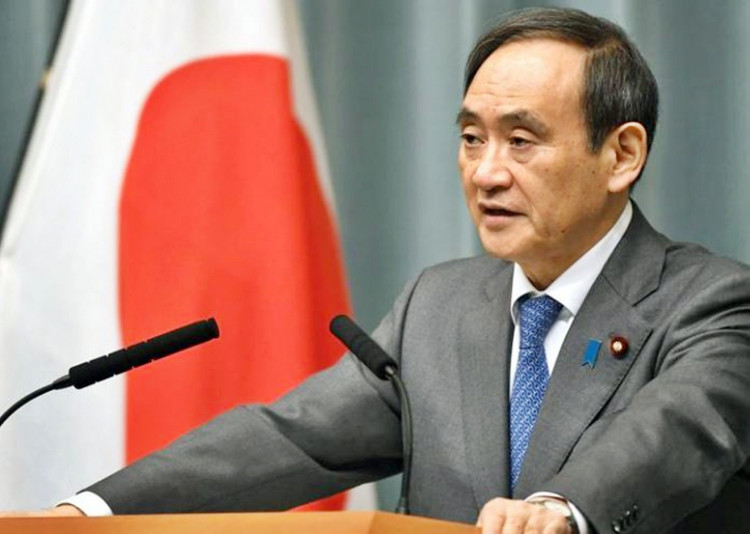China's top diplomat wound down a trip to Japan and South Korea Thursday aimed at boosting ties with the U.S. allies, as the region prepares for the Trump administration to end.
China's Ministry of Foreign Affairs said Wang Yi and South Korean counterpart Kang Kyung-wha reached a 10-point consensus in talks Thursday that included strengthening cooperation on pandemic controls and looking at expanding fast-track travel between the two countries.
President Donald Trump's election loss to Joe Biden has thrown a new element of uncertainty into relations that U.S. allies Japan and South Korea have with China, the top trading partner for both countries as well as a key security risk. Biden called the leaders of Japan and South Korea this month to reassure them on U.S. alliance commitments.
A day earlier in Japan, Prime Minister Yoshihide Suga heard visiting China foreign minister Wang Yi confirm China has no intention of relinquishing its claim to the Senkaku Islands chain.
Wang said Wednesday during his first meeting with Suga when he justified China's claim to sovereignty over the East China Sea and South China Sea. He said China was protecting its sovereignty.
Wang met his Japan counterpart Toshimitsu Motegi the day before to discuss security issues. Both foreign ministers reiterated their countries' respective stand on the East China Sea issue but achieved nothing to ease tensions.
Suga's government and that of his predecessor, Abe Shinzo, have been irritated by China's "relentless" intrusions into Japan waters around the Senkakus.
Other top top Japan officials are concerned over China's activity in the East China Sea.
Suga told Wang of Japan's concerns over Beijing's repression of the pro-democracy movement in Hong Kong.
Suga has spent the first two months of his premiership building military ties with Asia countries wary of China's aggressiveness. In October, he visited both Vietnam and Indonesia and succeeded in convincing both countries to form a tripartite military alliance to counter China.
He also succeeded in selling Indonesia four new and sophisticated Japan-made frigates. Suga and Australia prime minister Scott Morrison signed a landmark military agreement that might later lead to the formation of an "Asian NATO" among Japan, the United States, India and Australia.
Suga has moved to strengthen ties with the U.S., the guarantor of its sovereignty against China, and is expected to work closely with the incoming administration of president-elect Joe Biden.
Suga kept pursuing Japan's economic interests with China, its top trading partner.
"A stable relationship between the two countries is important not only for Japan and China but also for the region and the international community," Suga told Wang during their 20-minute-long meeting.
Wang said China President Xi Jinping wanted to build "good working relations" with Suga. Wang said bilateral relations had "finally returned" to "normal."






